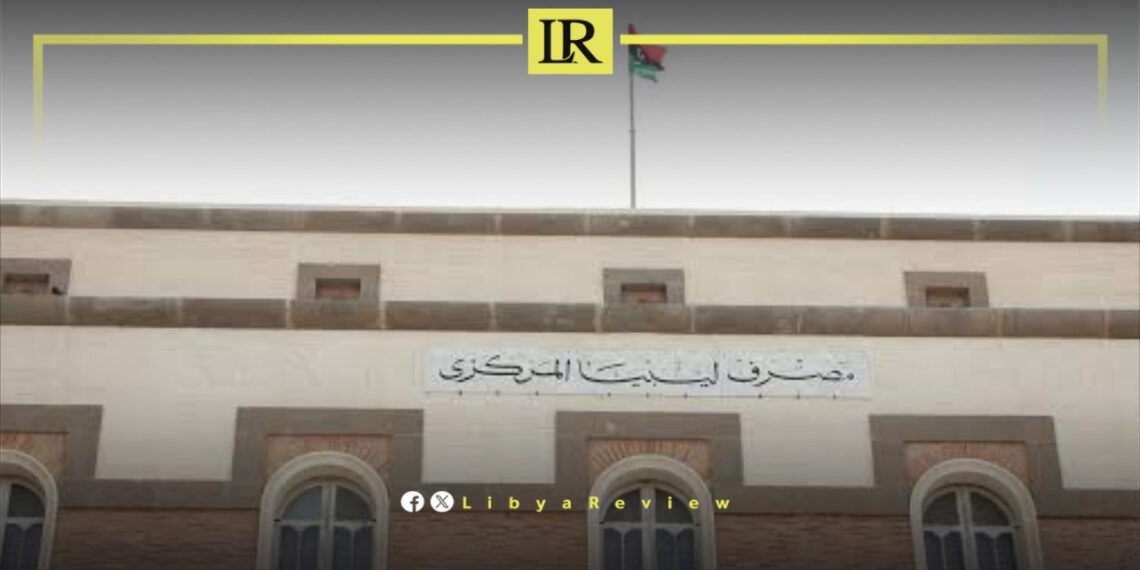The Central Bank of Libya has revealed that over 1.2 billion Libyan dinars were allocated to legislative and executive institutions during the first four months of 2025.
According to a detailed statement published by the bank, a total of 1,203,902,064 LYD was disbursed under Chapter One (salaries) and Chapter Two (operational expenses). The spending covered various executive and legislative bodies, including the outgoing Government of National Unity (GNU), the Presidential Council, the House of Representatives, and the High Council of State.
The report shows that the outgoing GNU received 44.83 million LYD, while its affiliated bodies were allocated 580.16 million LYD, bringing the total to 624.99 million LYD.
The Presidential Council was allocated 3.73 million LYD, while 210.13 million LYD went to its affiliated institutions, totalling 213.86 million LYD.
The House of Representatives received 25.07 million LYD, and its subordinate institutions were allocated 328.05 million LYD, with a combined total of 353.12 million LYD.
Meanwhile, the High Council of State was allocated 11.93 million LYD during the same period.
These figures come amid ongoing concerns over public spending transparency and budgetary oversight in Libya, particularly as competing administrations and political bodies continue to draw from state funds despite the lack of unified governance.
Libya has been in chaos since a NATO-backed uprising toppled longtime leader Muammar Gaddafi in 2011. The county has for years been split between rival administrations.
Libya’s economy, heavily reliant on oil, has suffered due to the ongoing conflict. The instability has led to fluctuations in oil production and prices, impacting the global oil market and Libya’s economy.
The conflict has led to a significant humanitarian crisis in Libya, with thousands of people killed, and many more displaced. Migrants and refugees using Libya as a transit point to Europe have also faced dire conditions.
The planned elections for December 2021 were delayed due to disagreements over election laws and the eligibility of certain candidates. This delay has raised concerns about the feasibility of a peaceful political transition.
Despite the ceasefire, security remains a significant concern with sporadic fighting and the presence of mercenaries and foreign fighters. The unification of the military and the removal of foreign forces are crucial challenges.


